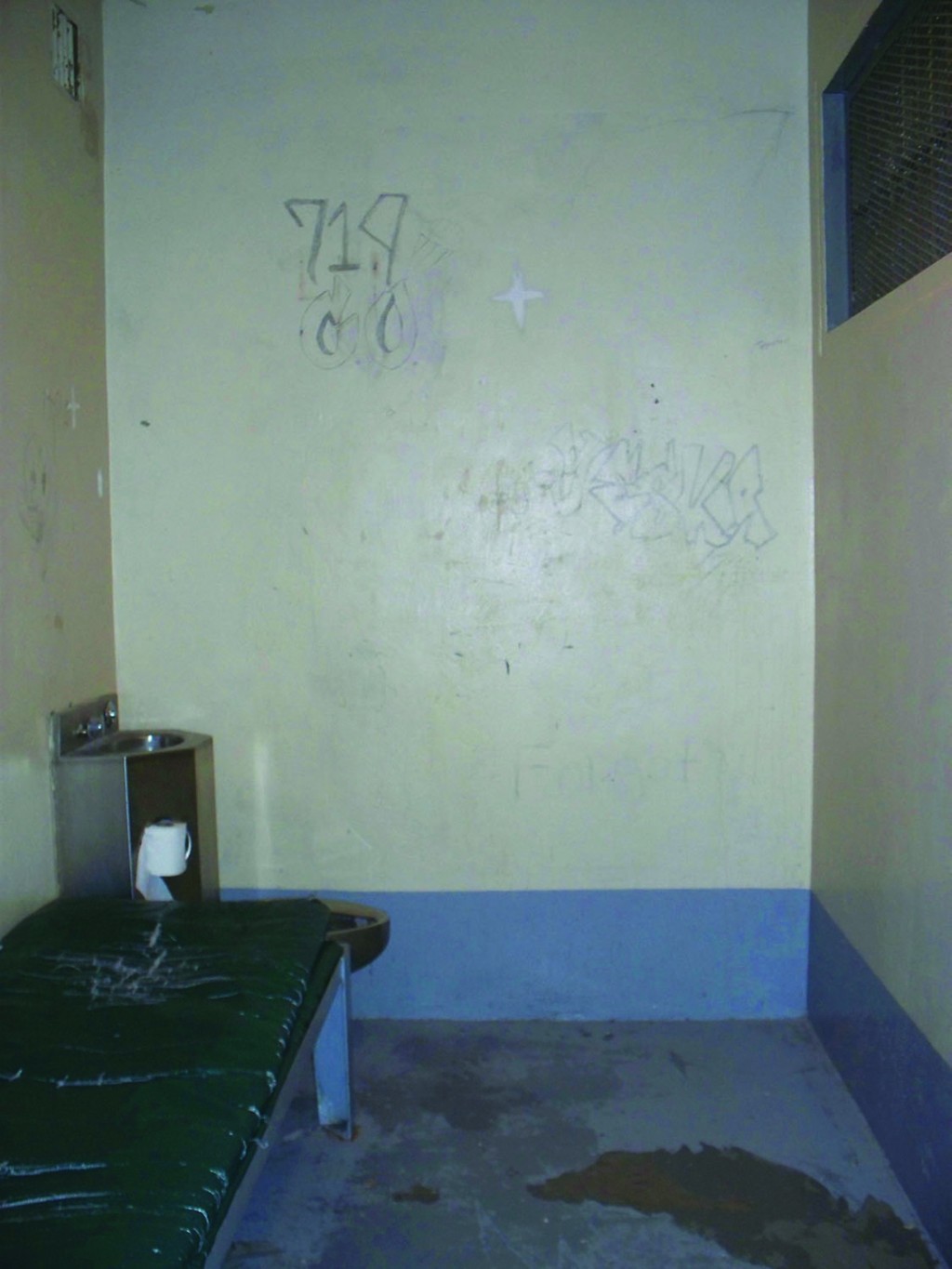Mental health issues another law enforcement concern

SAGUACHE COUNTY— When citizens insist Saguache County Commissioners better fund the sheriff’s office and provide a new jail facility, it isn’t just to police marijuana grows or beef up ticketing and patrol operations, but to address many other problems as well.
A much-overlooked aspect of law enforcement duties is the care of the mentally ill, who often are incarcerated in local jails simply because they have nowhere else to go. According to a Dec. 17 article in The Denver Post, rural sheriff’s deputies can place those experiencing a psychotic episode on a 24-hour mental health hold and take them to jail until they can be transported to a mental health facility.
But a new law which goes into effect May 1 requires rural sheriffs to shorten up the time frame and transport those on mental health holds more quickly. Those who are both mentally ill and are facing criminal charges must still be held at the jail, however.
The new law makes $7 million available to the Department of Human Services to help deal with the problem. Some of that money will be used to construct a new crisis center on the Western Slope, and the remaining funds will help train first responders on conducting mental health holds, help fund mental health programs to assist law enforcement and provide funds for transportation costs, in-house counselors and screenings, The Denver Post article reported.
In Saguache County, Sheriff Dan Warwick says mental health cases are not put in cells at the jail. Deputies must transport mental cases to Pueblo, if there is room, or to Denver or Colorado Springs for evaluation, occasionally even Grand Junction. Sometimes more than one person must accompany the one transported, depending on the severity of the episode.
“Local ambulance companies won’t transport these patients because of security risks,” Warwick explained. Saguache County has few paramedics who could transport, and only paramedics could administer narcotics to calm the patients if their condition worsened in transit. Even if the county had paramedics, the sheriff’s office would have to pay them.
Presently Warwick is trying to work with the Rio Grande Sheriff’s Office to split the costs of a nurse to come into the jail part-time for each county and check on inmates experiencing medical or mental health problems. The problem with mental health referrals to local providers is that they want them cleared medically before they can accept them, Warwick noted.
Warwick said he also has heard there is talk again about a regional jail facility, but mention made at a recent Valley-wide commissioners meeting about the project drew little comment. A regional facility could take the pressure off several county jails that suffer understaffing and crowding issues and relieve counties of paying money to neighboring county jails to house inmates.
A new facility also could possibly provide better accommodations for helping the mentally ill find quicker relief for their suffering.



